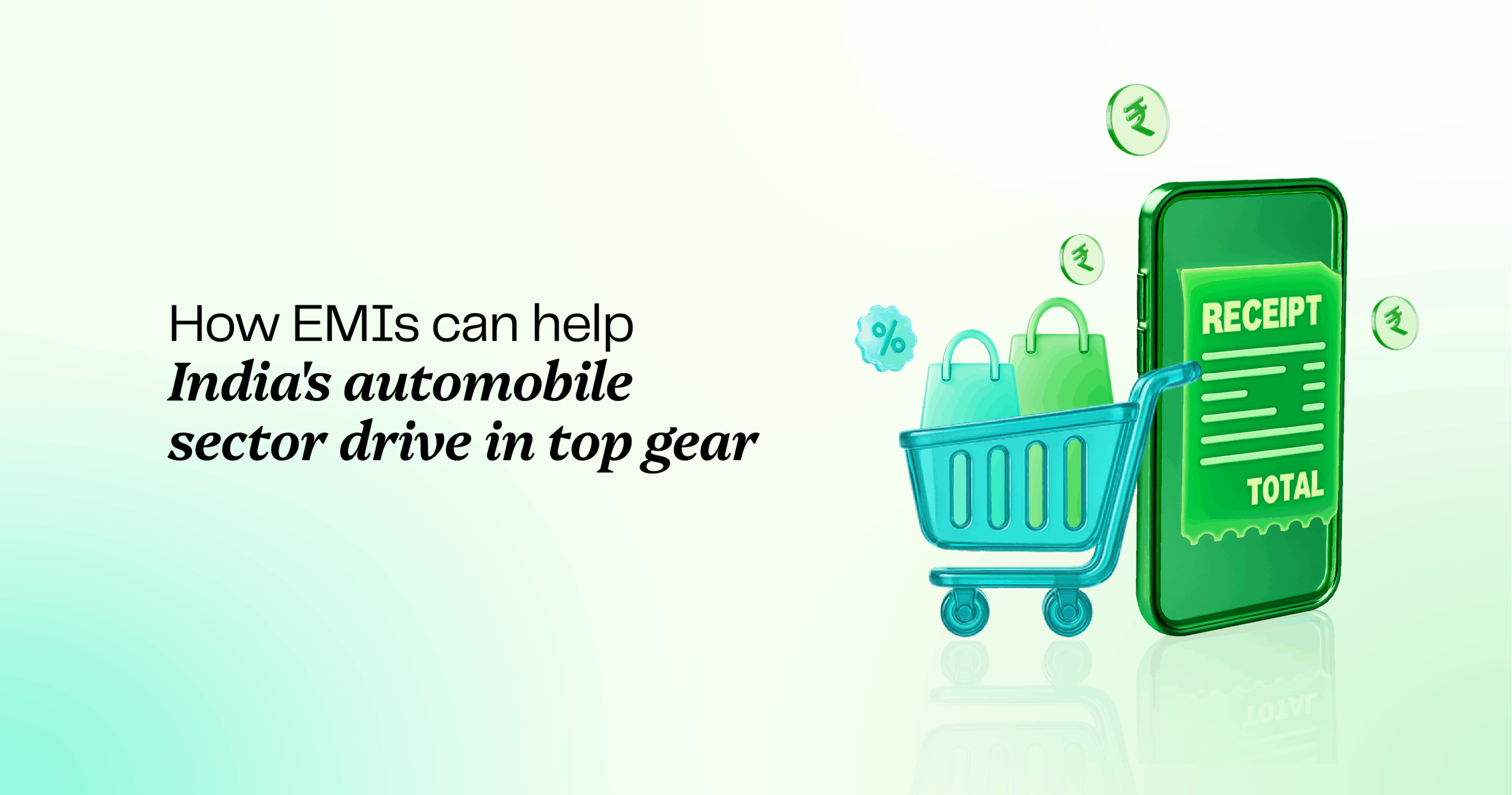A lot seems to be happening in the automobile sector in India. Huge technological investments owing to the transition to BS-VI emission norms, spiraling raw material cost due to the recent price hike by domestic steelmakers, and now the prolonged disruption caused by the COVID-19 pandemic are all factors contributing to the woes of the industry. Add to it the fact that April 2020 was the worst month ever in the history of Indian car makers with some of the top manufacturers like Maruti Suzuki, Ford, Hyundai, Toyota, Tata Motors all posting ZERO sales in the month because of a halt in production due to compliance with the lockdown.
The outlook looks bleak as well for the rest of the fiscal. According to a report by CRISIL Research, sales of passenger vehicles are expected to decline 24%-26%, compared with a 21%-23% decline for two-wheelers. Commercial vehicle sales will fare no better and are expected to see a decline of 26%-28%.
That begs the question: Is it too early to write the auto sector off?
Demand-inducing measures – The need of the hour
With the economy reopening gradually and the festive season coming up, a revival is on the cards!
This revival will depend a lot on how automobile dealers are able to make the most of the available situation. In these uncertain times, consumers are wary of spending big on automobiles, yet there exists a desire to shift from shared mobility options to a safer and convenient self-owned passenger vehicle. The fact that we have a young and aspirational middle class and pent-up demand is brewing in the economy will provide the much-needed impetus to India’s automobile sector.
EMI-linked offers can help induce demand and convert that uncertain prospect into a buyer. This holds true for vehicle sales across categories and price points. In fact, you will be surprised to know that in India, more than 60-65 percent Lamborghini cars were sold on finance.1
India’s largest carmaker Maruti Suzuki has also come with a novel idea of “Buy Now, Pay Later” wherein EMIs can be paid after 60 days of loan disbursement.
The power of EMIs to induce sales is real and can act as a catalyst to boost sales amid these worrisome times. Auto dealers will have to look for ways in which they can easily integrate these EMI offers at the point of sale and make these big-ticket purchases a lot more affordable for the customers.
While there is no denying the fact that these demand-inducing measures will boost sales, these would have to be supported through long-term policy reforms by the government and some immediate measures like a possible reduction in GST on automobiles to spur demand.

